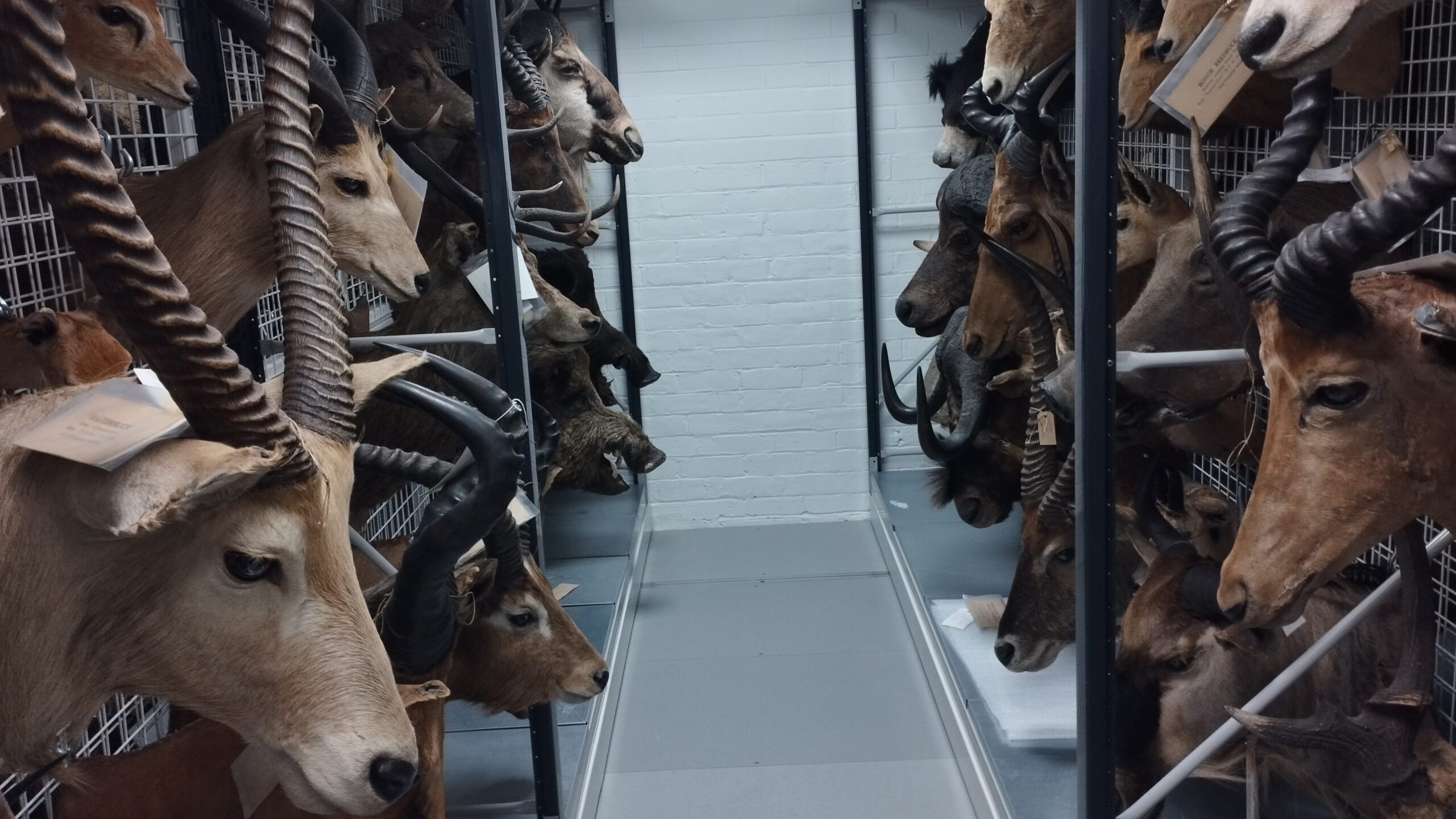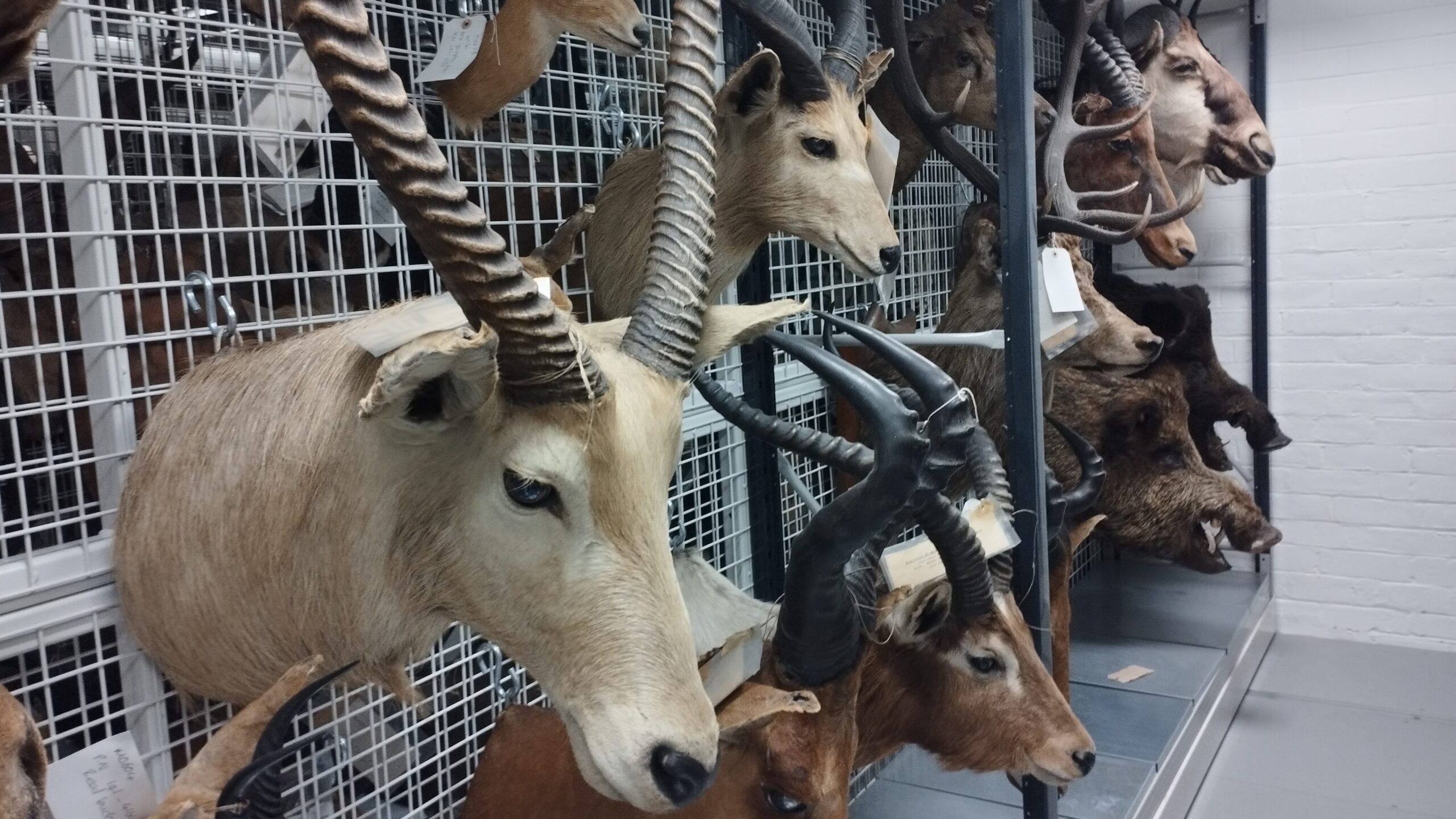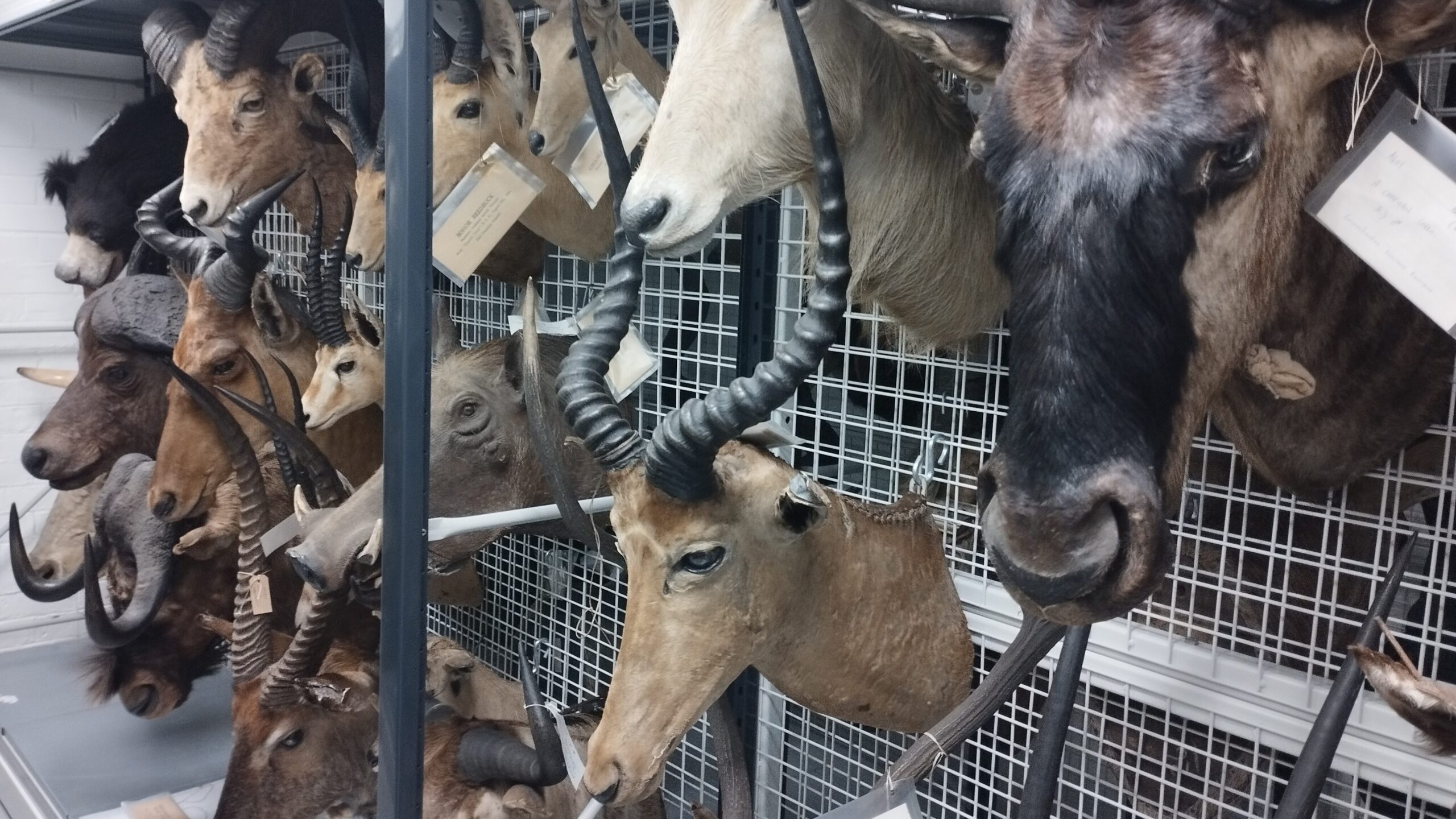
While we look at the current state of habitat protection in the Northeast, it is important we consider the efforts of historic local figures who laid the foundations in the conservation movements. With this in mind, 2024 marks the 95th anniversary since the passing of renowned hunter Abel Chapman. While one may consider hunting to be rather contradictory to the conservation of wildlife, Mr Chapman’s efforts to improve hunted animals’ populations were not only remarkable at the time but laid the foundations for protective laws today.
To get a better understanding of Chapman’s efforts, I asked Dan Gordon, Keeper of Biology at the Great North Museum, on the legacy of this conservation legend.
Born 4th October 1851 in Sunderland, Chapman was a local legend who created various nature reserves that remain thriving in business with stable animal populations today. Two of his greatest achievements involved his joint management of a reserve along 40 miles of coast in Coto Donana, Spain in 1882 and his creation of the Sabi Game Reserve, South Africa in 1900 after he saw the Kruger area being over-hunted. With the Sabi Reserve still being a successful tourist hotspot, Chapman’s vision and planning are just what we need today.

While hunting can be considered a cruel sport contradictory to the act of preserving animals, various conservations efforts in Africa are sustained by income from hunting licenses and fees. Without hunters paying to cull a small number of animals, such conservation organisations will no longer be have the money to protect these animal habitats. Such environments will therefore be exploited into agriculture and mining, devastating the ecological systems.
To get a professional angle on this, I interviewed Marc Newton, CEO of John Rigby & Co. hunting. He claimed “conservation is all about maintaining creatures in their natural habitat, which is a multifaceted approach. With this, I think hunting has a fantastic ability to bring resources to certain areas that would not receive other benefits.”
Mr Newton also added “If we look at areas of Africa, there are beautiful safaris and rich diversities of animals. However, there are other areas where there aren’t such rich environments. I was in Zimbabwe earlier myself this year hunting and it was filled with thornbushes, flies and the landscape was rather damaged. If it wasn’t for hunters wanting to go hunt there as part of a detailed management plan, the money that is brought in for hunting those animals would never be able to finance them. People do not want to go there for a photographic safari, so hunting is what finances their habitats.”
Considering this, the current Labour party’s promise to ban UK imports of legally-acquired animal trophies could actually harm global conservation efforts instead of achieving its goal of aiding threatened species. It is therefore important we remember Chapman’s historic movements and view stable trophy hunting as an essential long-term income source for conservation initiatives.

Chapman’s conservation success can be observed with how his nature reserves remain protective of various threatened species numbers today. His Donana site remains an essential, well-managed wetland home to over 230 bird species and was made a UNESCO site in 1994. If legal global hunting can bring such historic conservation revolutions, why squash it now?
If the proposed Hunting Trophies Bill gets approved, it will be illegal to import parts from nearly 7,000 creatures. The previous Conservative party’s attempt to pass this sparked disagreement from even the government’s Joint Nature Conservation Committee, claiming “trophy hunting delivers important benefits, primarily by maintaining very large areas of wildlife habitat and providing revenue.” Relief was even felt by African leaders after the bill was initially blocked earlier this year, with Botswana’s Siyoka Simasiku showing approval.
With this, it is essential we remind about the benefits hunting can bring to conservation. To evaluate Chapman’s legacy as both a hunter and a conservationist, one can view his trophies on display at the Great North Museum. Doing so, we can perhaps view this sport not as cruelty, but a means through which animals threatened by extinction may be protected and thriving to the future.
Views: 80